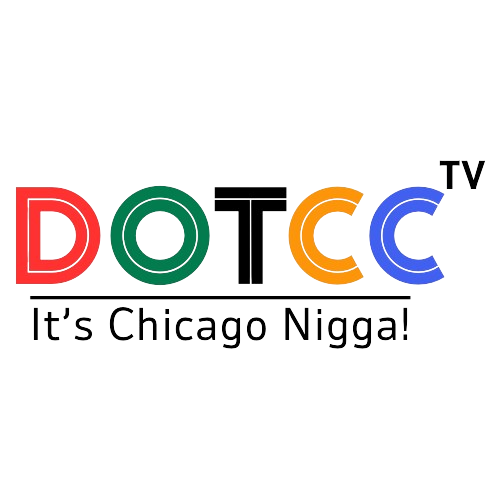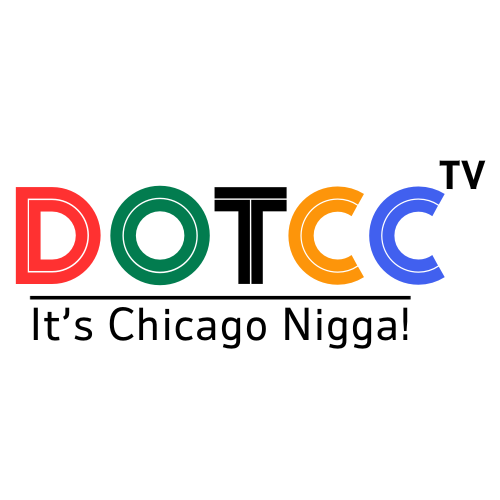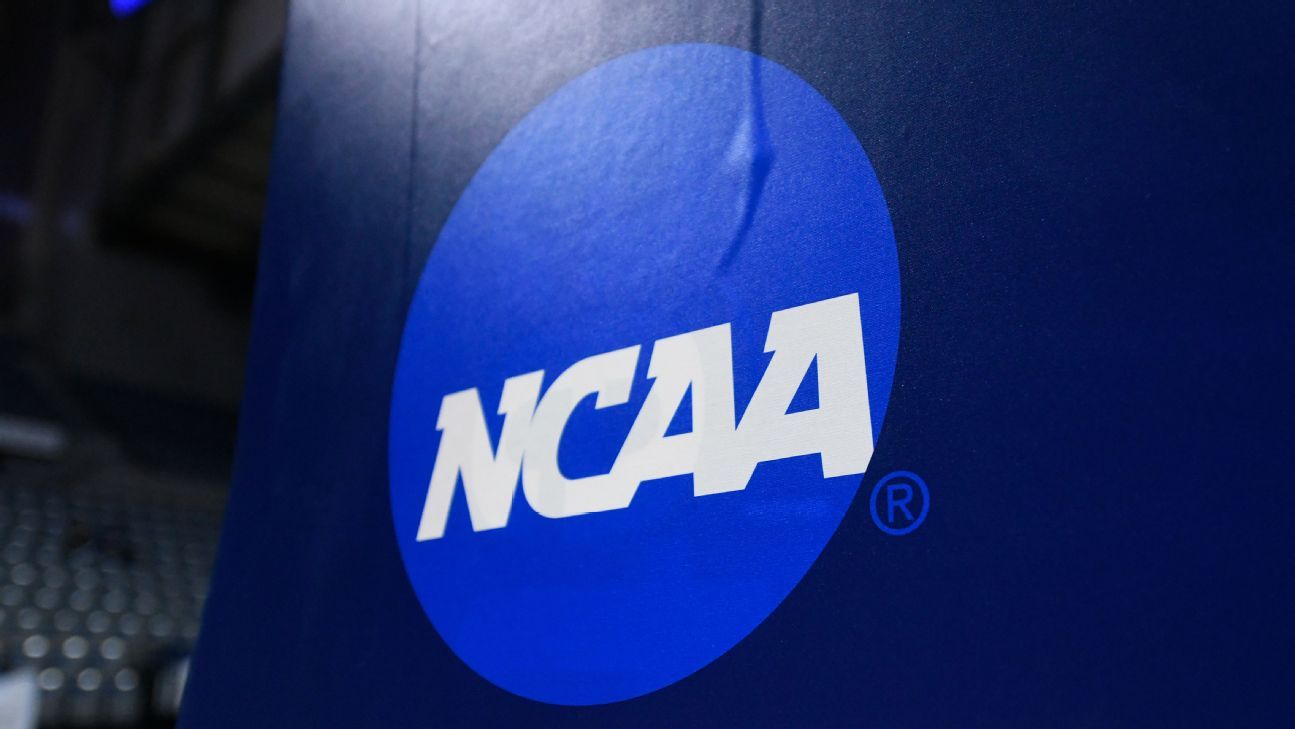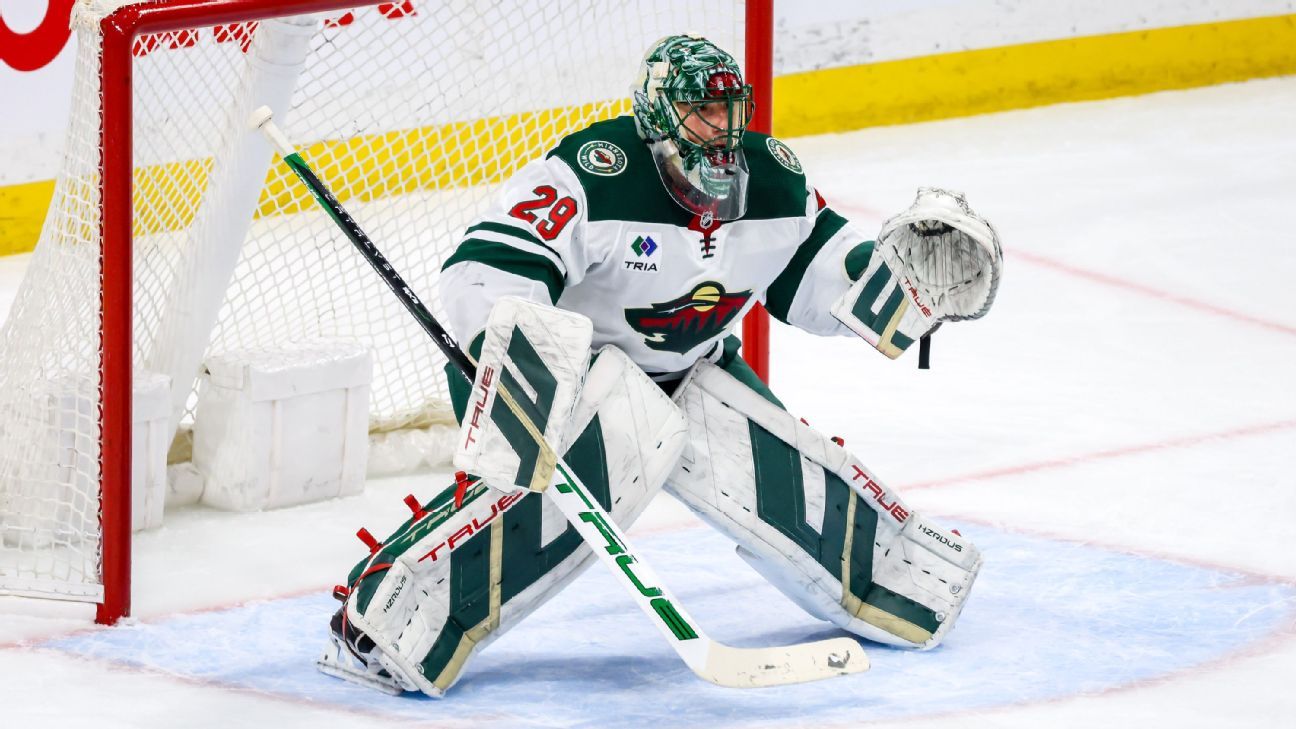A federal choose in Tennessee granted a preliminary injunction on Friday afternoon that prohibits the NCAA from punishing any athletes or boosters for negotiating identify, picture and likeness offers throughout their recruiting course of or whereas they’re within the switch portal.
The injunction shouldn’t be a last ruling within the case, however the choose’s choice will probably have an instantaneous and dramatic affect on how NIL offers are used within the recruiting course of.
“The NCAA’s prohibition probably violates federal antitrust regulation and harms student-athletes,” U.S. District Decide Clifton Corker wrote in his choice Friday.
NCAA guidelines prohibit athletes from signing NIL contracts which might be designed as inducements to get them to attend a selected faculty — one of many few restrictions in place for the way athletes can earn money. For instance, the NCAA just lately introduced sanctions in opposition to Florida State soccer as a result of a member of its teaching employees related a prospect with a booster collective that works carefully with the Seminoles. The collective made a selected provide to the participant, who was contemplating transferring from his present faculty to Florida State.
The attorneys common of Tennessee and Virginia argued that the NCAA is illegally proscribing alternatives for athletes by stopping them from negotiating the phrases of NIL offers previous to deciding the place they wish to go faculty. The lawsuit was filed Jan. 31, in the future after College of Tennessee chancellor Donde Plowman revealed in a letter to the NCAA that the varsity’s athletic division was being investigated for potential recruiting guidelines violations.
In Friday’s ruling, Corker decided that the attorneys common have an affordable probability of profitable their case and that athletes might undergo irreparable hurt if the restrictions stay in place whereas the case is being determined.
Anthony Skrmetti, Tennessee’s lawyer common, mentioned in a press release Friday that his workplace plans to litigate the case “to the fullest extent needed to make sure the NCAA’s monopoly can not proceed.”
“The NCAA shouldn’t be above the regulation, and the regulation is on our aspect,” Skrmetti mentioned.
“I believe this can be another brick within the wall that’s the finish of the NCAA,” mentioned famous faculty athletics lawyer Tom Mars, who labored with a Tennessee collective, Spyre Sports activities Group, on this case. “In need of intervention by Congress, the demise of the NCAA now appears inevitable based mostly on nothing however a monetary evaluation, because it seems the NCAA is poised to lose all of its upcoming anti-trust circumstances. The cumulative impact of which, might make the NCAA financially bancrupt.”
“A foul case is a foul case, they usually’ve put all their defenses ahead,” Mars added. “And there is no precedent anyplace in the US that helps their defenses.”
“Turning the wrong way up guidelines overwhelmingly supported by member colleges will irritate an already chaotic collegiate surroundings, additional diminishing protections for student-athletes from exploitation,” the NCAA mentioned in a press release. “The NCAA totally helps student-athletes getting cash from their identify, picture and likeness and is making adjustments to ship extra advantages to student-athletes, however an countless patchwork of state legal guidelines and court docket opinions clarify partnering with Congress is critical to offer stability for the way forward for all faculty athletes.”
Corker mentioned the NCAA’s attorneys didn’t make a compelling argument for why utilizing NIL contracts as recruiting inducements would undermine the tutorial aspect of school sports activities.
“Whereas the NCAA permits student-athletes to revenue from their NIL, it fails to point out how the timing of when a student-athlete enters such an settlement would destroy the objective of preserving amateurism,” the choose wrote.
Earlier this week, Skrmetti advised ESPN that he was prepared to work with the NCAA to seek out some center floor on the way it might implement a few of its recruiting guidelines whereas the case is resolved.
“In the event that they wish to speak about prospects for locating a workable answer within the brief time period, we’re all the time open to dialog,” Skrmetti mentioned, noting he had not mentioned the case with NCAA management. “There is no assure we’ll be capable of attain an settlement, but when there is a mutually agreeable path ahead as we work to get these points discovered, we’re open to that.”
In an interview with ESPN on Tuesday, NCAA president Charlie Baker mentioned the restriction on recruiting inducements was written as a result of the affiliation desires athletes to decide on their future colleges based mostly on the perfect instructional alternatives reasonably than the place they may take advantage of cash.
“I additionally assume it makes it enormously difficult, as we’re presently seeing within the current NIL surroundings, for youths and households to determine what the appropriate alternative is within the first place as a result of an infinite quantity of data flows their means that won’t in truth be correct,” Baker mentioned.
ESPN requested Baker if having contracts that the potential athletes might signal earlier than committing to a college would assist make sure that the provides they have been receiving have been correct or might present some solution to maintain a booster or faculty accountable for false guarantees.
“I do not know,” Baker mentioned.
Since adopting new guidelines that opened the door for NIL offers in 2021, the NCAA has issued two sanctions associated to how boosters used NIL alternatives as an inducement within the recruiting course of: the latest Florida State case and one involving the Miami girls’s basketball staff in February 2023.
The NCAA has struggled to implement the inducement guidelines regardless of widespread acknowledgement and complaints from coaches, gamers and directors that gives for NIL cash have turn into a central dialogue in recruiting gamers out of highschool and the switch portal. The principles permit coaches and collectives to share details about a prospect’s potential incomes energy so long as they do not make particular provides or guarantees. With out documented proof of a violation or cooperation from events straight concerned in a proposal, the NCAA’s enforcement employees would not have the ability to compel the knowledge they should levy sanctions.
Plowman, Tennessee’s chancellor, mentioned in her letter to the NCAA that it was “intellectually dishonest” to have guidelines that permit collectives to satisfy with recruits and enter into contracts with recruits however prohibit “conversations that may be of a recruiting nature.”
“Any dialogue about NIL may issue right into a potential student-athlete’s choice to attend an establishment. This creates an inherently unworkable scenario, and everybody is aware of it,” Plowman wrote. “Scholar-athletes and their households deserve higher than this.”
Baker advised ESPN that he did not assume the NCAA was ignoring actuality by asking athletes to choose their colleges based mostly on educational and athletic alternatives and fear about NIL alternatives after they arrive.
“I believe an important factor right here is let’s take care of a few of the points round accountability and transparency and shopper protections first,” Baker mentioned. “And if we then wish to have a dialog about different stuff, about how this could all work, particularly if we get to the purpose the place we give colleges the flexibility to do extra on this area, I am all-in on that.”
In a separate case concerning the NCAA’s guidelines that prohibit an athlete’s potential to switch to a brand new faculty with out penalty, a federal choose determined in December to grant an injunction. That ruling compelled the NCAA to alter its guidelines to permit athletes to switch as many occasions as they want throughout their faculty careers whereas the case is pending.





:max_bytes(150000):strip_icc()/beef_stroganoff_072_0-1-14b979e7e0e943e0bea96ca93d54ef06.jpg)